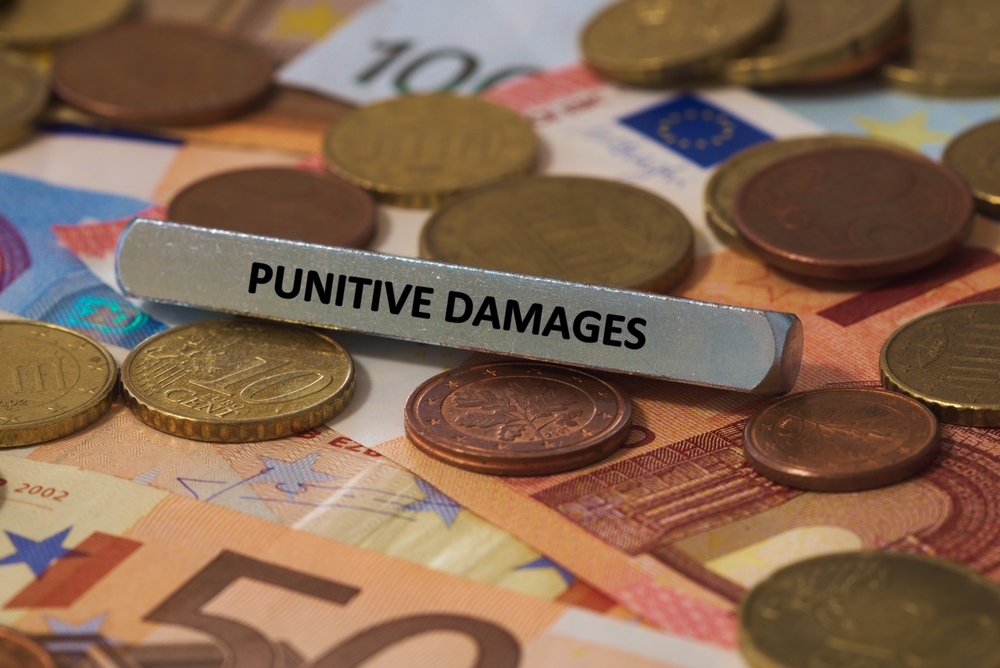Quick Note: Motion for Protective Order Reviewed Under Abuse of Discretion Standard of Review
The ruling on a motion for protective order is reviewed for abuse of discretion. An abuse of discretion occurs where the trial court's ruling is based on an erroneous view of the law or on a clearly erroneous assessment of the evidence. Buzby v. Turtle Rock Community Association, Inc., 47 Fla. L. Weekly D99a (Fla. 2d DCA 2022) (internal quotations and citations omitted). In this case, discussed further here, an attorney being deposed on his own attorney’s fees moved for a protective order claiming he was entitled to be paid for his time as an expert witness. The trial court found the...
Continue reading













